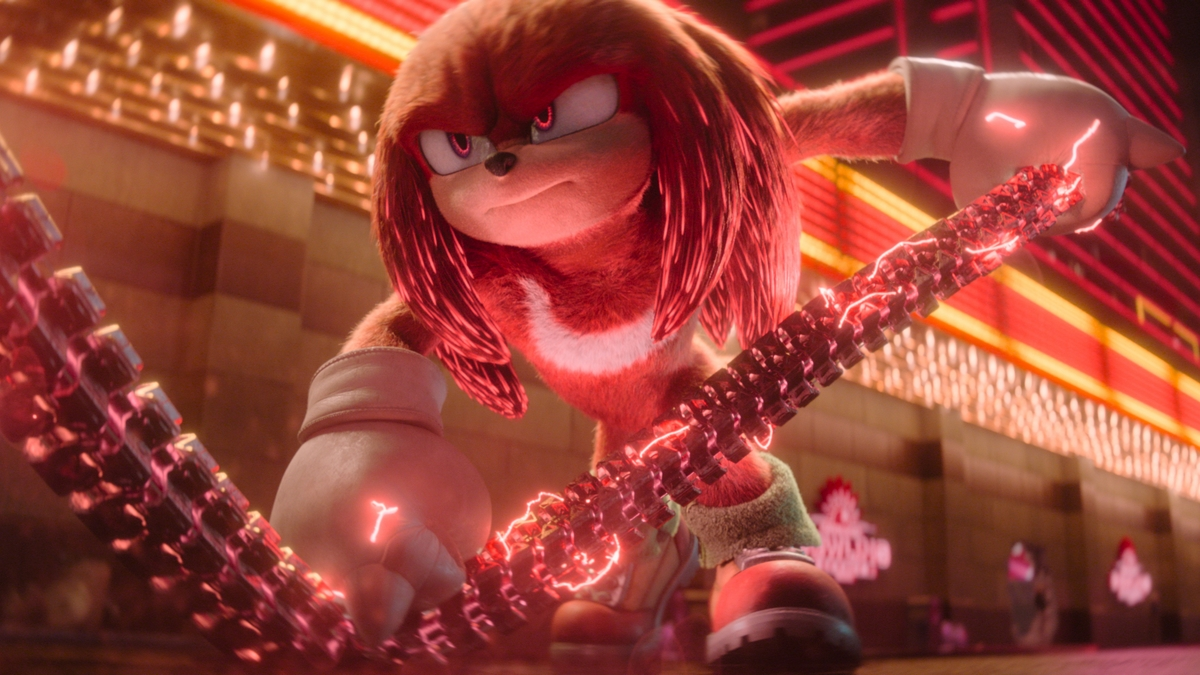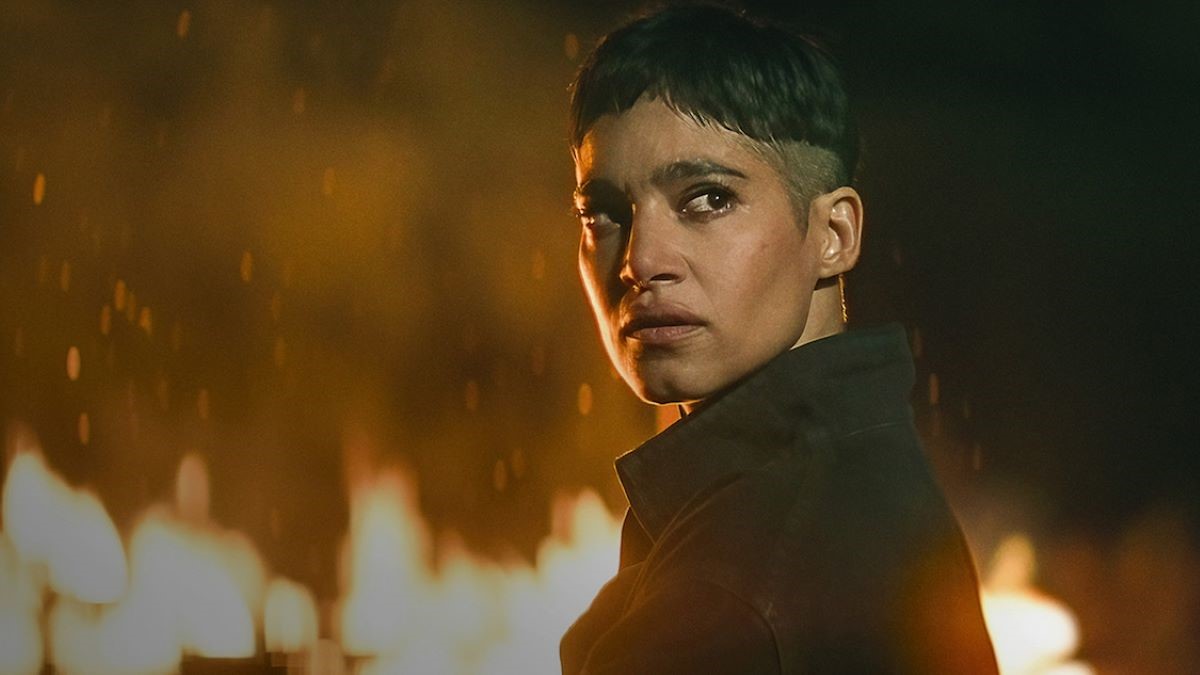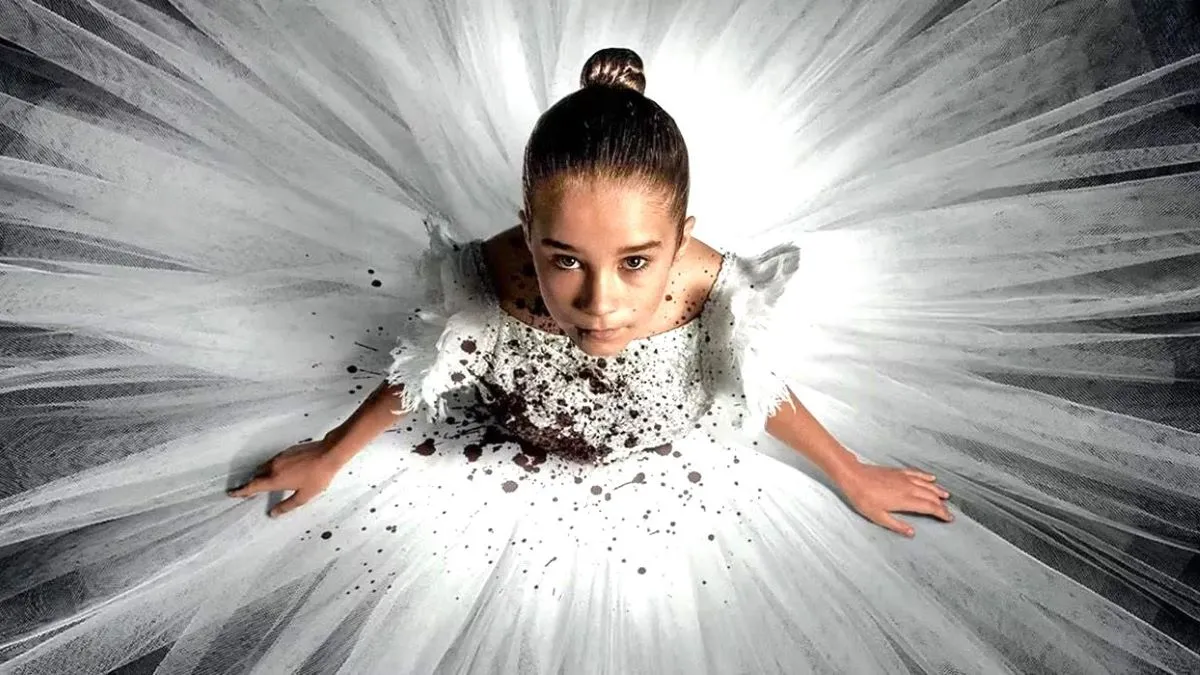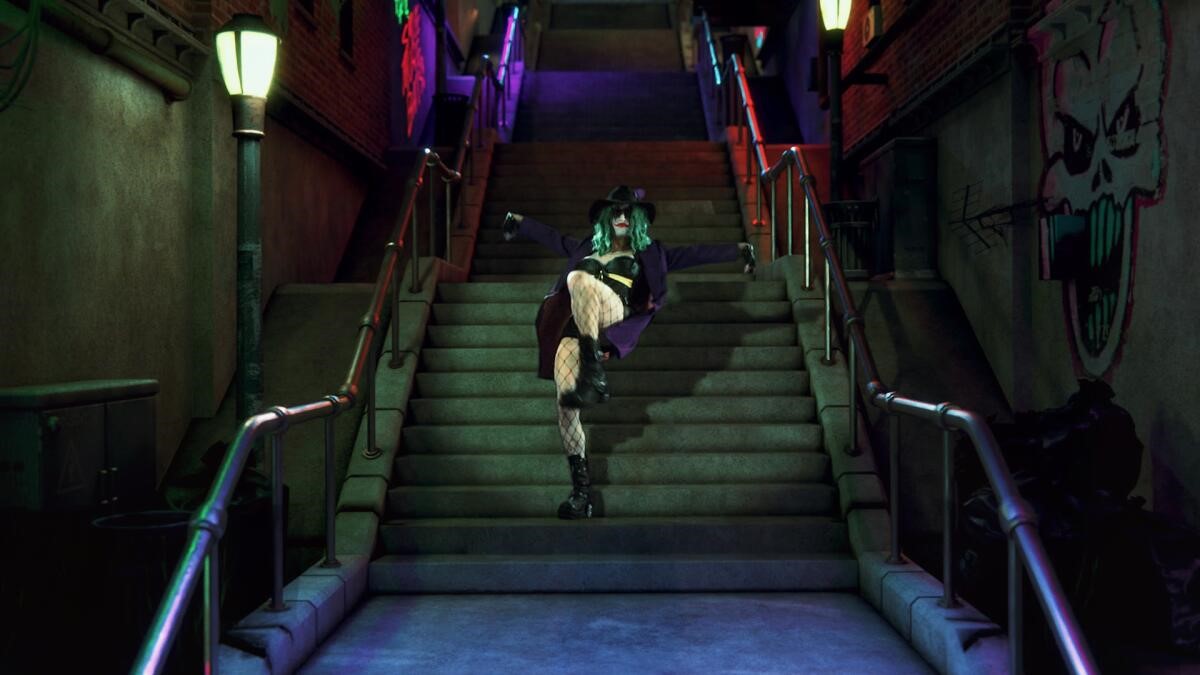
The moment comes early in “Ozymandias,” as Hank – who we all knew was not long for this world after last week’s episode, and who still received as noble and tragic and fulfilling and emotionally devastating a death as could ever be realized in creative fiction – is shot in the head by Uncle Jack, while Walter protests with every ounce of strength he has left. From Walt’s point of view, those protests should work. He has gotten out of sticky situations before, using little more than his intellect and speech, most notably in many of his dealings with Gustavo Fring. And all last year, as his empire rose and rose, Walter White seemed to have a magical tongue, getting his way whenever he wanted it with only the smallest amounts of effort.
So when that bullet takes out Hank, Walt is broken in more ways than one. On the most immediate level, a family member has died, a line he never, under any circumstances, wanted to cross, even at his most despicable. But Hank’s death bears even greater significance to Walt, as do his brother-in-law’s final words. “You’re the smartest guy I ever met,” Hank says. “And you’re too stupid to see. He made up his mind ten minutes ago.” In this way, Uncle Jack represents everything Walt’s life has lead to, an unstoppable force of violence and villainy that cannot be reasoned with, cannot be talked down, and cannot be overcome. There is no amount of effort Walt could expel that would change things – Hank is dead, and it is utterly Walt’s own fault, because every step of his criminal career led here, to this fateful, horrible moment, and this moment, in turn, represents the actual value and meaning of the life Walt has lead.
“Ozymandias” opens with a flashback to the very beginning of the series, to a scene of calm and confident stability, as Walt gets to cook his meth, banter with Jesse, and call his pregnant wife, knowing he will get to come home to her, his son, and his unborn child, even if he has to lie to get around the inevitable questions. At this point, his plan seemed rational. Cook meth. Make money. Forge a future for his family, and savor the final months he had to spend with them. Things seem so simple in that scene, so removed from the upcoming struggles of empire-building, and yet we watch it with the knowledge that such simplicity is a short-lived fantasy. Even in that moment, Walt’s future – and Hank’s death – is set in stone, because he has already started down this path, and that path is bound to consume him at the expense of all else. We need not even infer it, as the episode tells us as much visually. With the camera stationary, Walt fades away, and then Jesse, and then the RV, until all that remains is the landscape, soon to give way to the carnage of “To’hajiilee,” which fades back in over the very same backdrop. Like the desert in Shelley’s poem, the scenery of the Indian reservation is a constant, against which human actions must inevitably move, evolving away from what Walt once had planned towards the brutality that now tears apart his family.
This is what Walt senses in the moment Hank is shot. The enormity of time, and of all the actions he took in the past 18 months, are thrust upon Walt when Jack’s gun is fired. When Hank is murdered, Walt is forced to look upon his works, and this is what he sees – senseless violence aimed at a man who symbolizes the family he initially set out to work for. And it isn’t the meth, or the money, or even the perverted self-fulfillment empire building brings that is Walt’s ultimate accomplishment. It is Hank, lying dead in the spot where Walt’s criminal activities first began, that summarizes everything Walt has achieved. This is his doing, his work, and when he looks upon it, Walter White despairs.
As his anguish crescendos, the soundtrack dies away, and we are left only with the visual of Bryan Cranston’s incredible performance to illustrate how Walt is transformed by this turn of events. The moment stands in stark contrast to another major moment of transition for Walt, namely the disturbing, eponymous sequence from the season 4 episode “Crawl Space,” in which a seemingly defeated Walt, lying in the dirt beneath his house, laughs maniacally for what feels like minutes on end. That sequence contains a haunting visual, with Walt framed like a man being buried alive, but it is the sound that compels us, the sound of unhinged laughter that indicates Walter White is gone, with the ruthless evil of Heisenberg having taken his place. The comparable scene in “Ozymandias” has no sound – it is all about Walt’s face, contorted in grief, forced to feel the weight of everything he has done. None of this is explicitly stated, but that is the brilliance of Cranston’s performance and Rian Johnson’s direction. We do not need to know precisely what is going through Walt’s mind. As in a poem, we may infer from the artistry of the storytelling that Walt has been completely broken down, that the death of a family member and his own powerlessness to stop it has finally made him understand the true, horrific nature of his many criminal activities. I even believe he senses the profound amounts of evil he has carried inside him all this time; now that he sees with his own two eyes what they have wrought, that evil tears him apart.
Walt’s despair is so overwhelming, in fact, that the only way he can cope is to immediately begin projecting that grief, confusion, and rage off towards other people. Otherwise, it will continue to be directed inward, and he will continue to be torn apart.
Continue reading on the next page…






